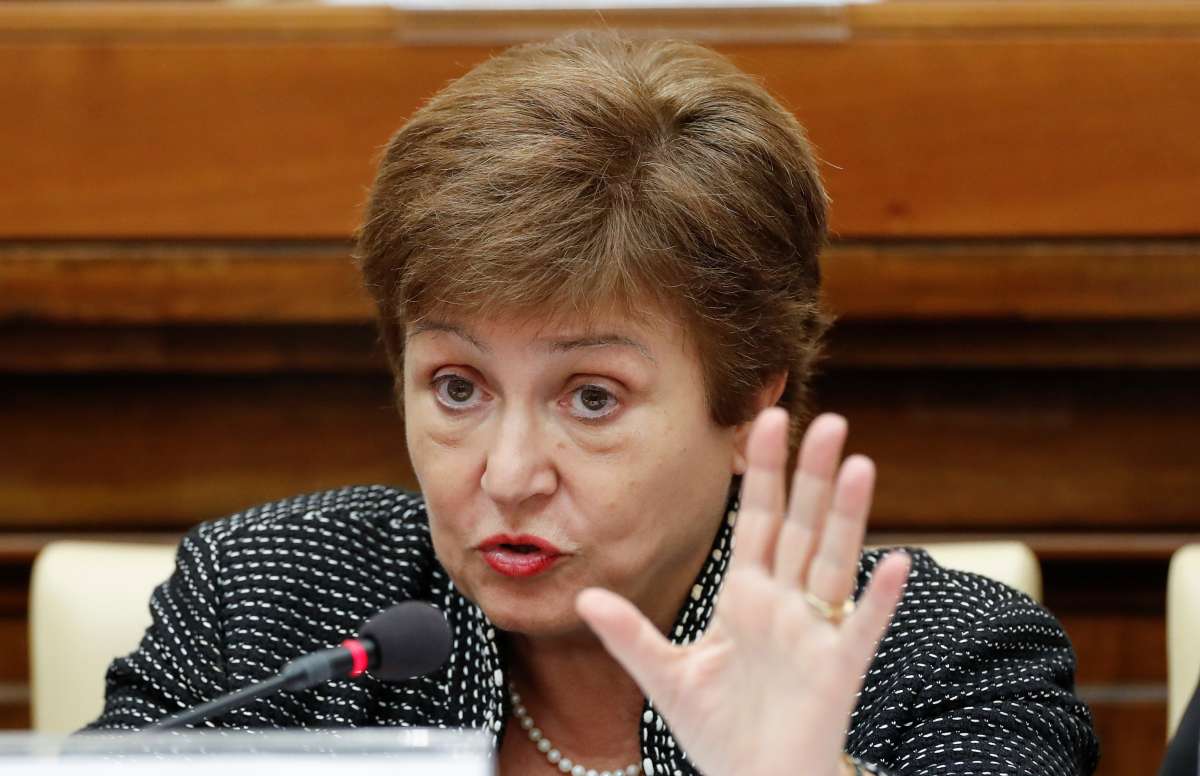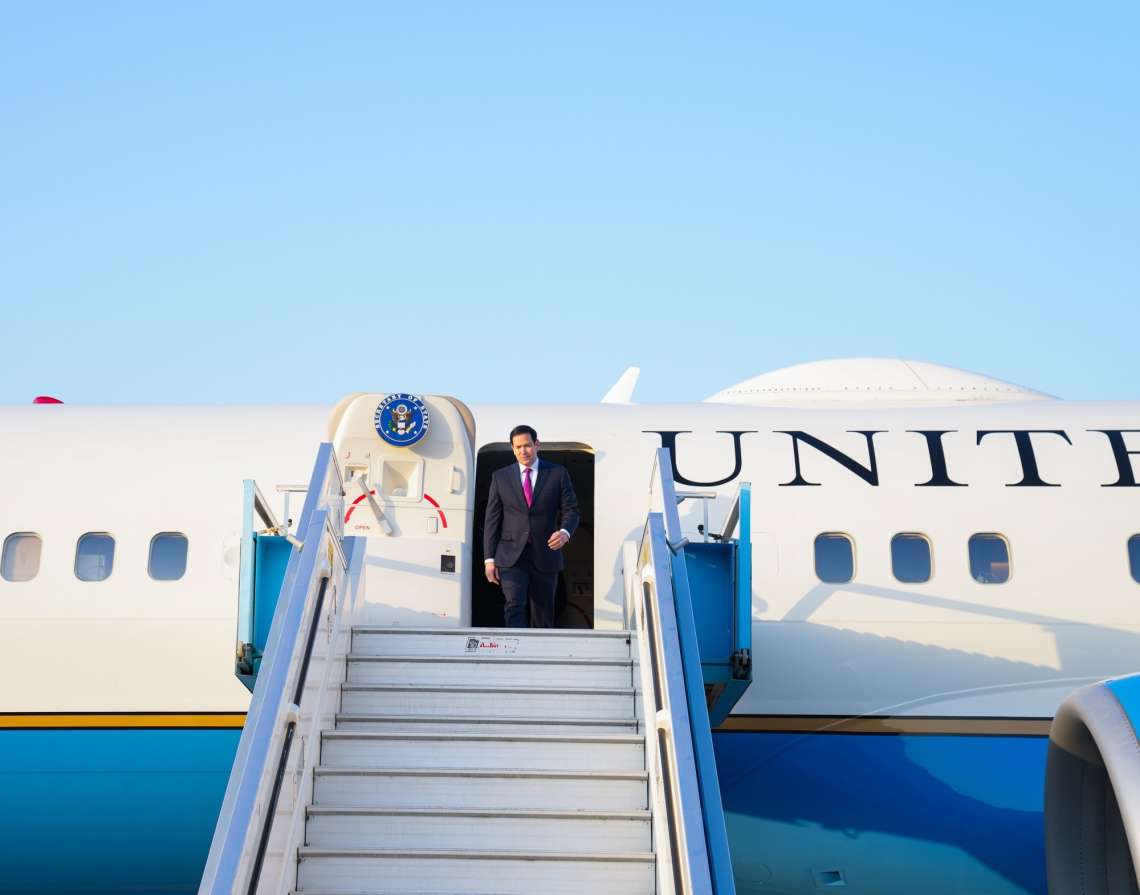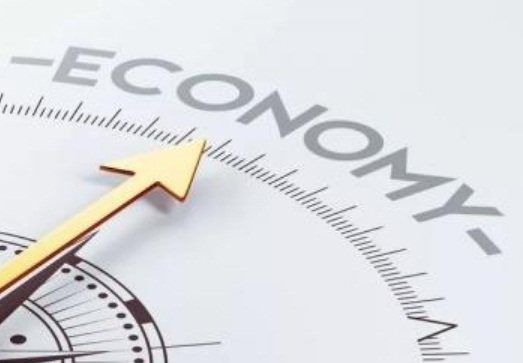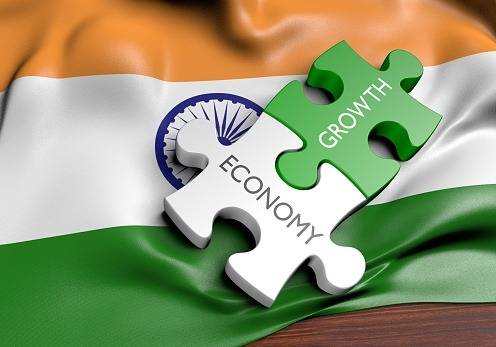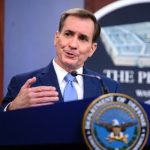A big factor in the upgrade to global growth was China’s decision late last year to lift anti-virus controls that had kept millions of people at home…reports Asian Lite News
The outlook for the global economy is growing slightly brighter as China eases its zero-COVID policies and the world shows surprising resilience in the face of high inflation, elevated interest rates and Russia’s ongoing war against Ukraine.
That’s the view of the International Monetary Fund, which now expects the world economy to grow 2.9 per cent this year. That forecast is better than the 2.7 per cent expansion for 2023 that the IMF predicted in October, though down from the estimated 3.4 per cent growth in 2022.
The IMF, a 190-country lending organisation, foresees inflation easing this year, a result of aggressive interest rate hikes by the Federal Reserve and other major central banks. Those rate hikes are expected to slow the consumer demand that has driven prices higher. Globally, the IMF expects consumer inflation to decelerate from 8.8 per cent last year to 6.6 per cent in 2023 and 4.3 per cent in 2024.
A big factor in the upgrade to global growth was China’s decision late last year to lift anti-virus controls that had kept millions of people at home. The IMF said China’s “recent reopening has paved the way for a faster-than-expected recovery.”
The IMF now expects China’s economy — the world’s second-biggest, after the United States — to grow 5.2 per cent this year, up from its October forecast of 4.4 per cent.
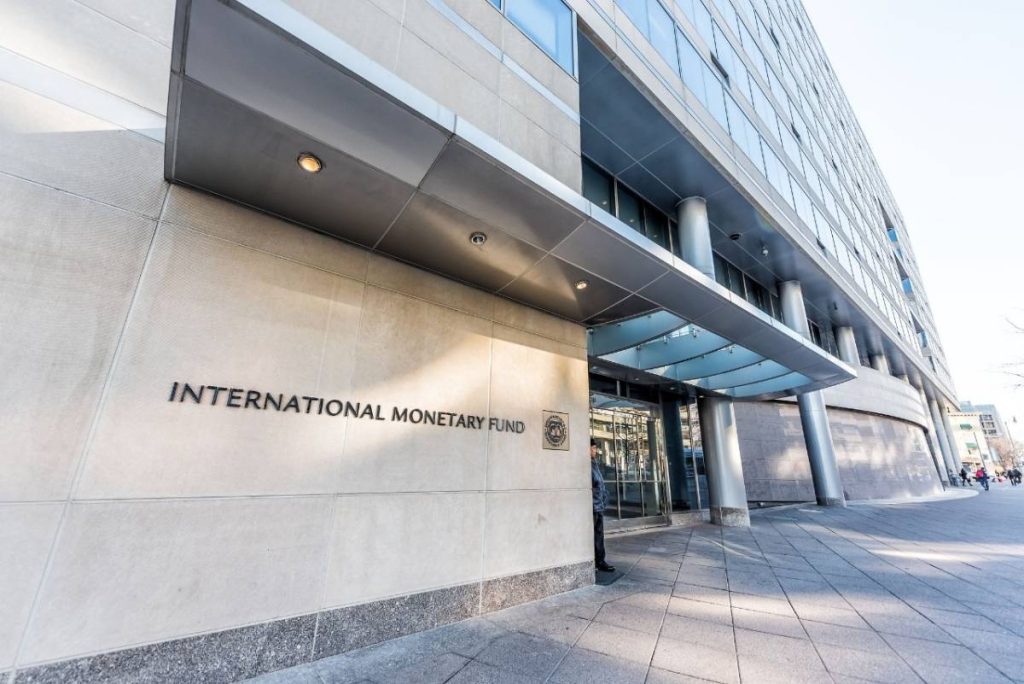
Beijing’s economy eked out growth of just 3 per cent in 2022 — the first year in more than 40, the IMF noted, that China has expanded more slowly than the world as a whole. But the end of virus restrictions is expected to revive economic activity in 2023.
The IMF’s 2023 growth outlook improved for the United States (forecast to grow 1.4 per cent) as well as for the 19 countries that share the euro currency (0.7 per cent). Europe, though suffering from energy shortages and higher prices resulting from Russia’s invasion of Ukraine, proved “more resilient than expected,” the IMF said. The European economy benefited from a warmer-than-expected winter, which held down demand for natural gas.
Russia’s economy, hit by sanctions after its invasion of Ukraine, has proved sturdier than expected, too: The IMF’s forecast foresees Russia registering 0.3 per cent growth this year. That would mark an improvement from a contraction of 2.2 per cent in 2022. And it’s well above the 2.3 per cent contraction for 2023 that the IMF had forecast for Russia in October.
The IMF noted that the world economy still faces serious risks. They include the possibility that Russia’s war against Ukraine war will escalate, that China will suffer a sharp increase in COVID cases and that high interest rates will cause a financial crisis in debt-laden countries.
The global outlook has been shrouded in uncertainty since the coronavirus pandemic struck in early 2020. Forecasters have been repeatedly confounded by events: A severe if brief recession in early 2020; an expectedly strong recovery triggered by vast government stimulus aid; then a surge in inflation, worsened when Russia’s invasion of Ukraine nearly a year ago disrupted world trade in energy and food.
Three weeks ago, the IMF’s sister agency, the World Bank, issued a more downbeat outlook for the global economy. The World Bank slashed its forecast for international growth this year by nearly half — to 1.7 per cent — and warned that the global economy would come “perilously close” to recession.
Despite the more hopeful outlook, global growth remains weak by historical standards and the war in Ukraine continues to weigh on activity and sow uncertainty. The report also cautions that the global economy still faces considerable risks, warning that “severe health outcomes in China could hold back the recovery, Russia’s war in Ukraine could escalate and tighter global financing costs could worsen debt distress.”
Growth in rich countries is expected to be particularly sluggish this year, with nine out of 10 advanced economies likely to have slower growth than they had in 2022.
The IMF projects growth in the United States to slow to 1.4 percent this year from 2 percent in 2022. It expects the jobless rate to rise from 3.5 percent to 5.2 percent next year, but that it is still possible that a recession can be avoided in the world’s largest economy.
“There is a narrow path that allows the U.S. economy to escape a recession altogether, or if it has a recession, the recession would be relatively shallow,” said Pierre-Olivier Gourinchas, the IMF’s chief economist.
The slowdown in Europe will be more pronounced, the IMF said, as the boost from the reopening of its economies fades this year and consumer confidence frays in the face of double-digit inflation. In the euro area, growth is projected to slow to 0.7 percent from 3.5 percent.
China is projected to pick up the slack with output accelerating to 5.2 percent in 2023 from 3 percent in 2022.

